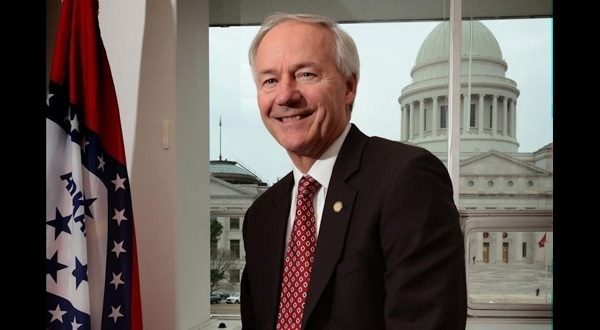
Over the past several weeks, I have visited 16 communities on my Community COVID Conversations tour, and I heard heartfelt concerns, heartbreaking stories, and heartening testimonies about the value of the COVID-19 vaccines.
I launched the tour in an effort to increase the vaccination rate in Arkansas and to engage the community to overcome hesitancy.
The face-to-face gatherings allowed me the opportunity to speak, and more importantly, perhaps, people in the communities had the chance to hear from each other.
One frequent topic was about different treatment options, including ones that many doctors won’t prescribe. At the Camden meeting, Calhoun County Judge Floyd Nutt joked that if we banned the cattle dewormer that some people reportedly are taking, people might be more willing to take the vaccination. Then he turned serious and admitted at the beginning he thought the whole vaccination campaign was political, and that he and his wife had been hardheaded and refused to get the shot. But after discussions with his son-in-law, who is a doctor, the judge and his wife got the vaccine.
The Camden meeting gave Dr. Jera Smith the chance to respectfully provide correct information to a pastor who spoke about the rate of miscarriages in pregnant women who took the vaccine. The number of miscarriages is one in four, the same as the rate before the pandemic, she said. She pointed out that women who are immunized during the third trimester of their pregnancy pass the COVID antibodies to their babies.
Dr. Smith also used her medical knowledge to assure us with a detailed explanation that the vaccines do not alter DNA.
In Texarkana, Ward 2 Director Laney Harris cited the terrible Tuskegee experiment in the 1930s to explain why members of the African American community don’t trust the government’s recommendation for medical treatment of COVID.
Dr. Loren Robinson, chief medical officer of St. Michael Health System, spoke of her initial hesitancy to take the vaccine because she was pregnant. She walked us through the thought process and personal evaluation that eventually led her to get the vaccine.
In Siloam Springs, some of the participants were passionate, even angry, which I expect anytime you discuss the overlap of personal choice, public health, and the role of government. That is the beauty of these gatherings. Through these conversations, people hear from both sides. That’s the best we can do. I want Arkansans to make good judgments, and accurate information is essential.
I understand the hesitation of some to take the vaccine, but I’m not asking anyone to do anything I’m not willing to do. The First Lady and I are fully vaccinated. I encouraged all the members of my family to get vaccinated as well.
If your hesitation comes from distrust of the government, national medical authorities, or the pharmaceutical industry, talk to your family doctor or talk someone you trust. My hope is that you will decide to take the best action to protect yourself, your family, and your neighbors. COVID-19 is real, and it’s stealing too many of our loved ones unnecessarily.
To end on a positive note, fifty-one percent of Arkansans have had at least one dose of the shots. That’s great progress. If you aren’t one of those, please think about helping to increase our number.
WebReadyTM Powered by WireReady® NSI










